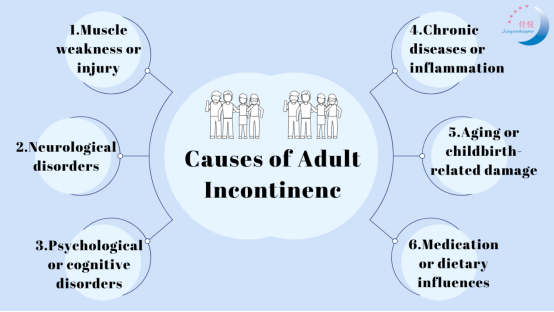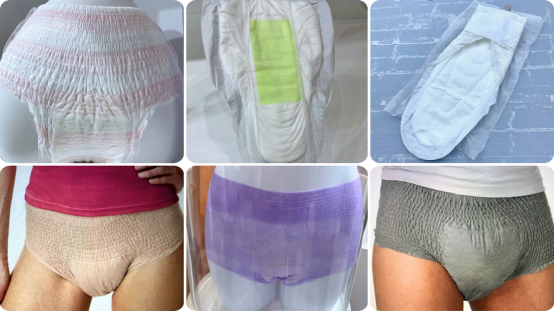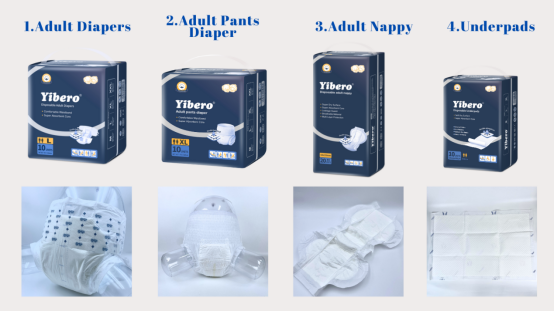Incontinence Concerns: A Health Crisis Affecting 500 Million People!
According to statistical data, over 500 million adults worldwide will struggle with incontinence by 2024, highlighting the severity of this issue and drawing widespread attention. Adult incontinence, particularly urinary incontinence, has become a major global health concern. According to statistics from the World Health Organization, incontinence not only troubles the elderly but is also increasingly affecting middle-aged and young adults, leading to a decline in their quality of life and impacting daily social interactions and mental health.

The causes of adult incontinence are diverse. Firstly, with aging, various body systems gradually decline, particularly the urinary system. In elderly individuals, pelvic muscle function may weaken, leading to reduced bladder control and, consequently, urinary incontinence. Secondly, certain diseases can exacerbate incontinence symptoms, such as diabetes, obesity, and inflammatory bowel disease. Furthermore, postpartum women may experience temporary or long-term incontinence due to pelvic muscle injuries or hormonal changes during childbirth. Psychological factors such as stress and anxiety can also interfere with urinary control, worsening incontinence symptoms.Adult incontinence impacts not only physical health but also imposes significant psychological pressure. Patients often experience feelings of inferiority, anxiety, and loneliness, and may avoid going out or participating in social activities out of fear of embarrassment.

As a result, products like adult diapers, pull-up pants, and incontinence pads have become convenient hygiene solutions that effectively address the physical challenges faced by those with incontinence. These products help improve quality of life and offer caregivers and families greater convenience.






